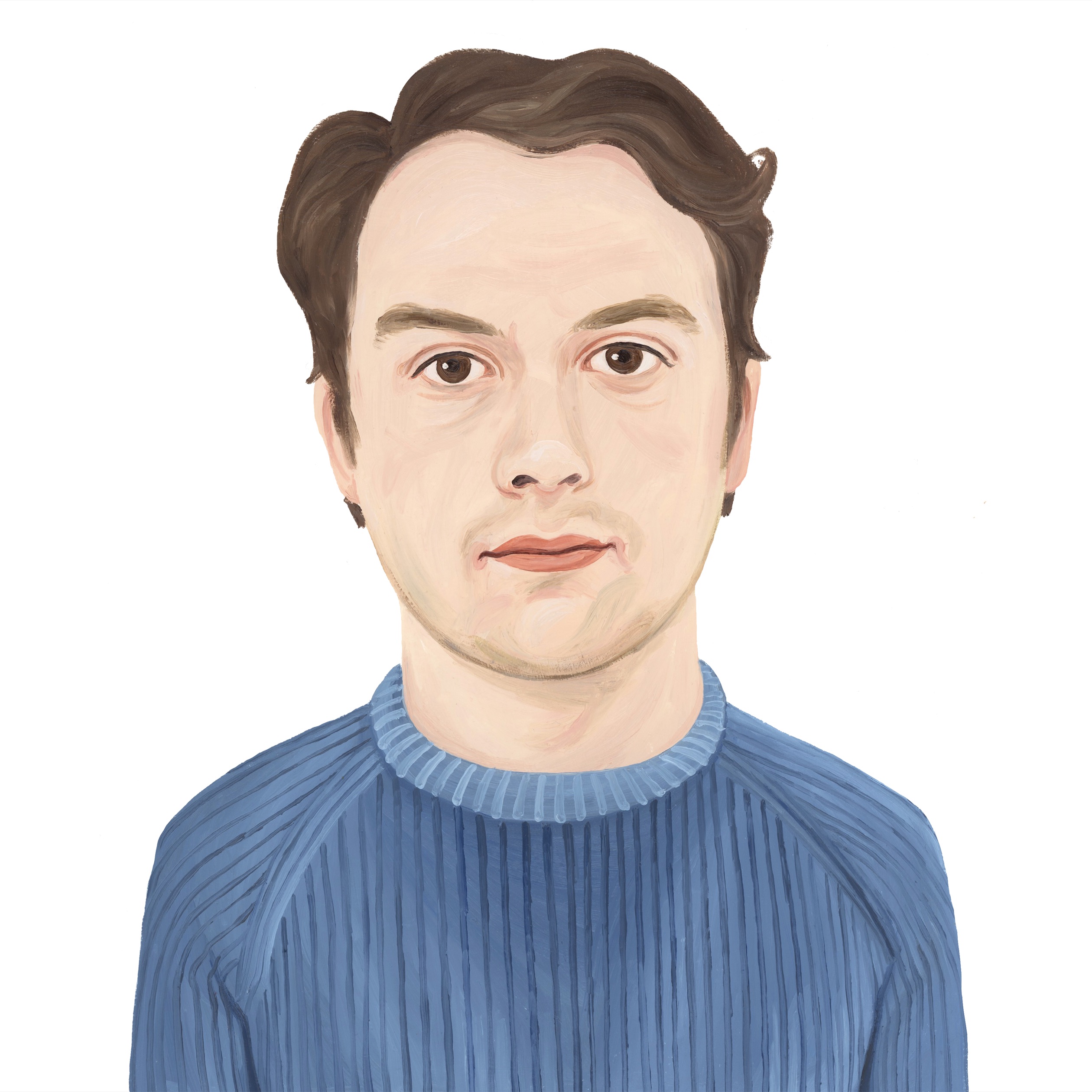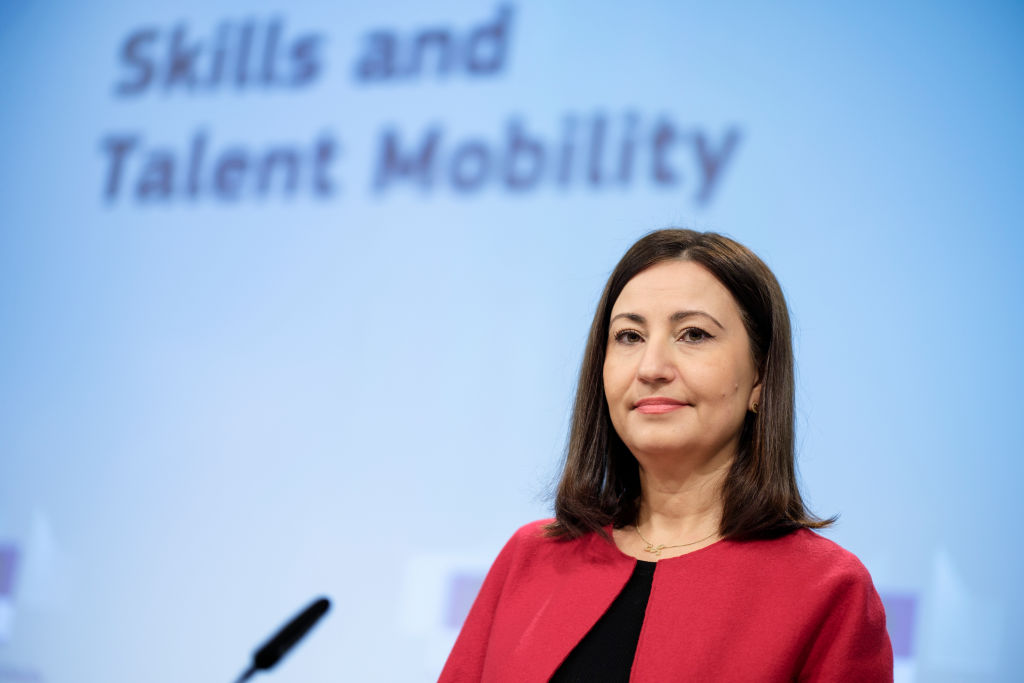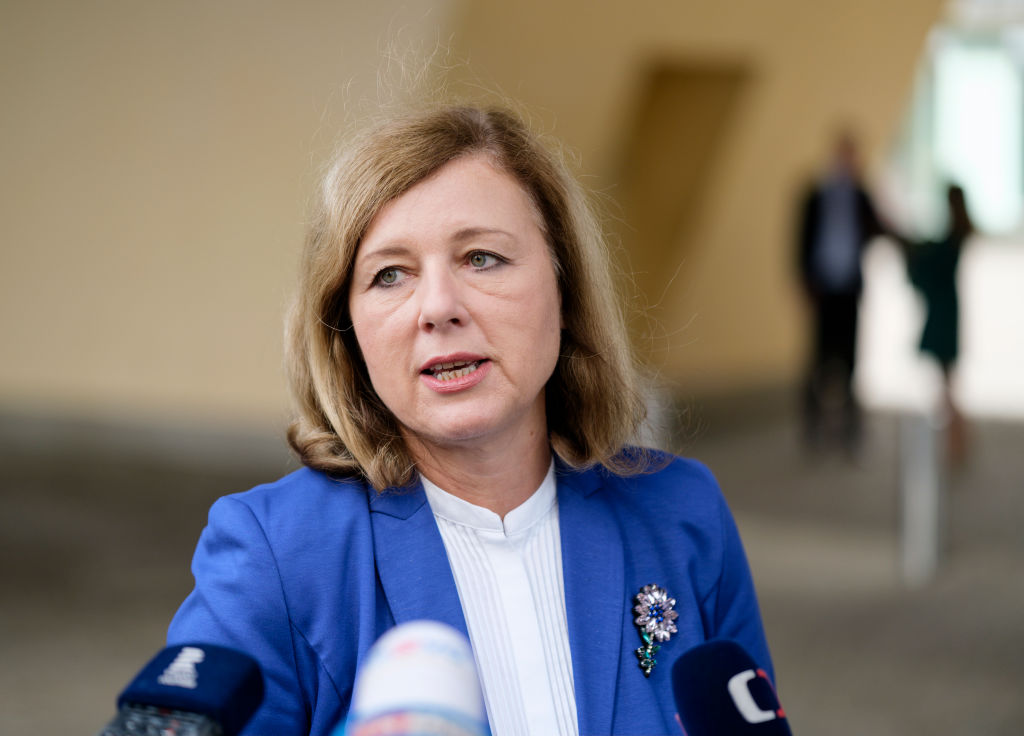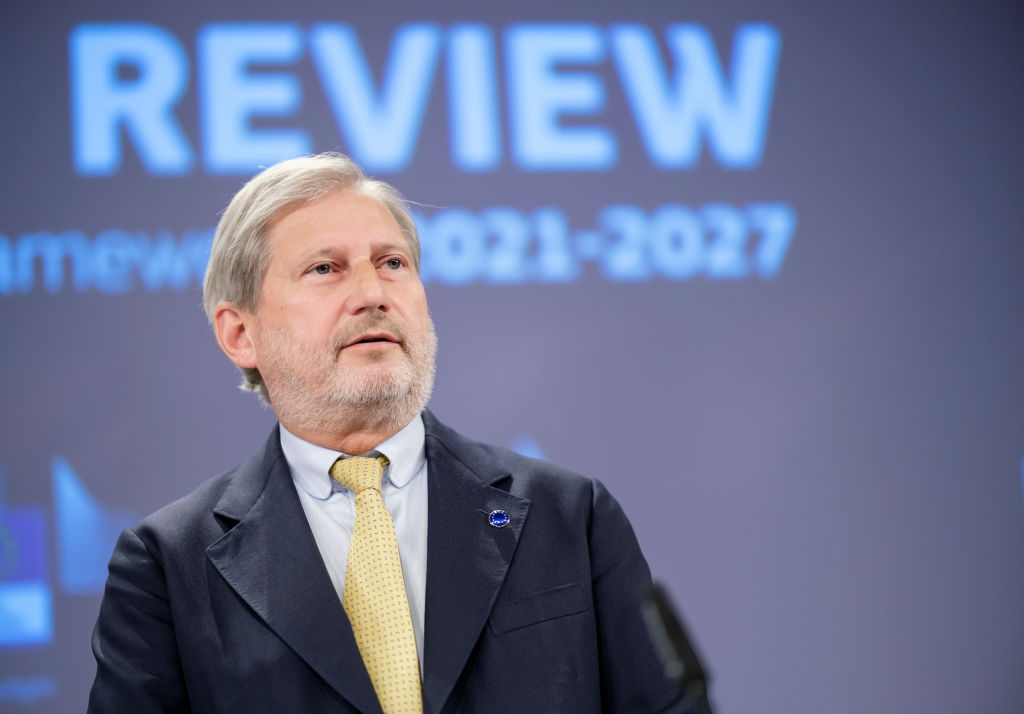Bashing the World Economic Forum (WEF) is popular right now.
Leaving the more conspiratorial attacks on the organisation to one side, many involved have grown to accept that the conference is largely just a gathering of out-of-touch politicians and business leaders who have little understanding of how to fix the multitude of problems facing the modern world.
Let’s face it, this analysis seems largely correct. That being said, I do think many judge the WEF’s annual Davos conference too harshly.
Utopian thinking aside, the vast majority of who those attend the event show a consistent attitude of wanting to improve the world.
Its organisers have also clearly taken the accusations that the conference represents a globalist eco-chamber seriously, with this year’s version that wrapped on January 19 seeing quite a number of dissident voices platformed. Things are getting better.
The WEF also presents us with a rare opportunity to peer behind the curtain, politically speaking. We get to see how world leaders work with one another. It gives us a chance to see how competent, how well rounded, our leaders truly are. What insights they have into the problems of the world and how they would like them to be solved.
For Europeans, this means giving us the opportunity to see how utterly useless our elite are.
China and the European Union have exchanged verbal blows at the World Economic Forum amid ongoing tensions over trade. https://t.co/vcLDsKLGKs
— Brussels Signal (@brusselssignal) January 16, 2024
Watching European Commission Vice-President for Values and Transparency Vera Jourová at the conference’s 360° on AI Regulations panel was like watching a car crash in slow motion.
Appearing alongside senior officials from the administration of US President Joe Biden and the Singaporean Government, the panel event was dedicated to examining the current state of Artificial Intelligence (AI) development through a political, legislative and economic lens.
On paper, Jourová’s presence made sense. While her Eurocrat title of ”Values and Transparency” Commissioner does not exactly scream technology, the Czech politician has been intimately involved with the bloc’s Artificial Intelligence Act, as well as other bits of digital regulation, including the Digital Services Act.
Despite such apparent qualifications, her appearance very quickly went horribly wrong. Mere seconds into the panel, moderator Ian Bremmer asked the Commissioner to open the discussion – not by talking about what the European Union was currently doing to control and regulate AI – but by outlining the state of the technology across the world more generally.
“Give us the lay of the land, without talking about, say, Europe,” he asked her, before handing the floor to the European politician.
It should have been a relatively straightforward request. Jourová, after all, is heavily involved in AI regulation. Surely she would be able to talk at length about the current state of the technology in broad terms without having to fall back on Commission-speak?
You’d think that, anyway.
Instead of answering the question put to her, Jourová went on to talk solely about the European Commission and its various efforts to curb AI. That was much to the chagrin of Bremmer, who was quick to interrupt, pointing out that the Commissioner had completely ignored his instructions.
“So, because it’s the first question, I’m going to give you a second chance at that,” an increasingly exasperated Bremmer said, emphasising once again that he wanted her views on how “regulation is doing outside of Europe”.
In hindsight, he should have already given up at that point. Jourová’s second attempt at answering his query went as poorly as the first, with the Brussels-head this time going on a tangent partly about Europe’s GDPR rather than discussing AI’s international impact.
This was enough to finally push Bremmer over the edge, with the moderator quickly seizing the proverbial microphone from the Eurocrat and handing it to Arati Prabhakar, director of the White House Office of Science and Technology Policy.
“I’m in danger of failing here,” he told the American official, before practically begging: “Arati, help me out.
“Tell me about AI regulation, around the world, and where you think we are getting right now,” he said in an attempt to get her to succeed where the rambling European had failed.
Unlike Jourová, Prabhakar did not disappoint. The Biden apparatchik was able to easily talk at length about the various intricacies of AI internationally and where the technology was going. She was even able to elucidate on the EU position on regulating AI, seemingly rendering Jourová’s presence superfluous.
The same went for the two other panellists, Josephine Teo, Singapore’s Minister for Communications and Information and Brad Smith, the Vice Chairman of Microsoft. All three were extremely eloquent throughout the panel discussion, offering rare insights into the current state of play with AI, as well as possible ways forward for governments in terms of coexisting with the new technology.
This only made Jourová’s inability to answer basic questions look even more pathetic.
Here’s the incontrovertible truth: Jourová should have been able to discuss the topic in the same level of depth as her non-European counterparts. She is not some mere bureaucrat or politician, but the Commissioner at the helm of one of the biggest financial blocs in the world.
Her views on AI will literally shape the EU for decades to come, with whatever regulations she ends up writing likely to define the entire 27-nation bloc’s relationship with the technology for an extended period of time. Perhaps even forever.
And yet, at the WEF, it looked like she did not have the faintest clue about the subject.
European “arrogance” regarding world order led to the continent’s current economic difficulties, Germany’s climate change minister said during a World Economic Forum panel discussion. https://t.co/W6IXd2VmpU
— Brussels Signal (@brusselssignal) January 17, 2024
Jourová’s botched panel appearance was the highlight of European incompetence at this year’s WEF summit, but it was far from the only example.
Left and right, senior figures from the European bodies or the Member States were being outmanoeuvred by more savvy experts from non-EU governments and the private sector.
Germany’s Vice-Chancellor Robert Habeck was put to the sword by business leaders during a panel on Europe’s place in the new economic world order, his desperate attempts to defend European energy policy being politely shot down by those around him.
The European Commission’s Green Deal tsar, Maros Sefcovic, found himself being grilled over why Brussels bureaucracy takes years to bring certain environmentally friendly products to market despite the EU’s apparent commitment to “green” energy.
Even EC President Ursula von der Leyen found herself being outflanked in Davos. While invited to give a special address to the conference, the she was refused the honour of opening it with that job instead being handed to China’s Premier, Li Qiang.
The second-in-command to President Xi Jinping went on to use his time at the podium to issue veiled criticisms of the EU and its recent investigation into China’s green imports. Such attempts to limit the spread of Chinese green technology, he said, were not conducive to global co-operation.
This did not go down well with von der Leyen. Following Li’s speech, the EC President decided to openly attack China on its own attempts to restrict trade, especially regarding rare-earth materials.
“The fact that China has started to prepare export controls on germanium, gallium and graphite now was not trust-building,” she told WEF bigwig Klaus Schwab after he finished with Li.
While this was perhaps a justified retaliation, it did not exactly make Von der Leyen look good. The WEF is not a place for fiery rhetoric. Even Javier Milei, Argentina’s libertarian firebrand President, thought better than to call out any of his political opponents by name during his viral address on January 17.
In this context, Von der Leyen’s attempt at retaliation looked out of place. That was only made worse by the fact that China is known for its abrasive diplomatic communications, its so-called “wolf warrior” diplomacy often including the boisterous call-outs of geopolitical rivals.
In short, if you are being more rude diplomacy-wise than China, you are probably doing something wrong.
Not every performance from an EU leader was bad. While I am far from a fan of him personally, it needs to be admitted that Irish Taoiseach (Prime Minister) Leo Varadkar performed to spec on his panel, also about AI.
The European People’s Party-aligned politician’s strong showing was made more impressive by the high-profile nature of his fellow panellists, including Meta’s President of Global Affairs Nick Clegg and Inflection AI CEO Mustafa Suleyman.
To hold your own in such a room despite not being an expert takes both competence and confidence. Ireland’s PM deserves credit for that.
But the truth is Varadkar was an outlier in this when he should have been the norm. At this year’s WEF, the truth is that European leaders completely failed to perform, especially compared to their rivals in the United States and China.
They revealed themselves to be far less capable of their international peers at a time when the EU is being squeezed from all sides.
If we cannot trust our leaders to attend an international conference without embarrassing themselves, how can we trust them to run Europe?
Argentina’s newly elected libertarian president, Javier Milei, has publicly berated the growing influence of Western ‘Neo-Marxists’ at the annual meeting of the World Economic Forum. https://t.co/l7rpH0ZynP
— Brussels Signal (@brusselssignal) January 19, 2024






